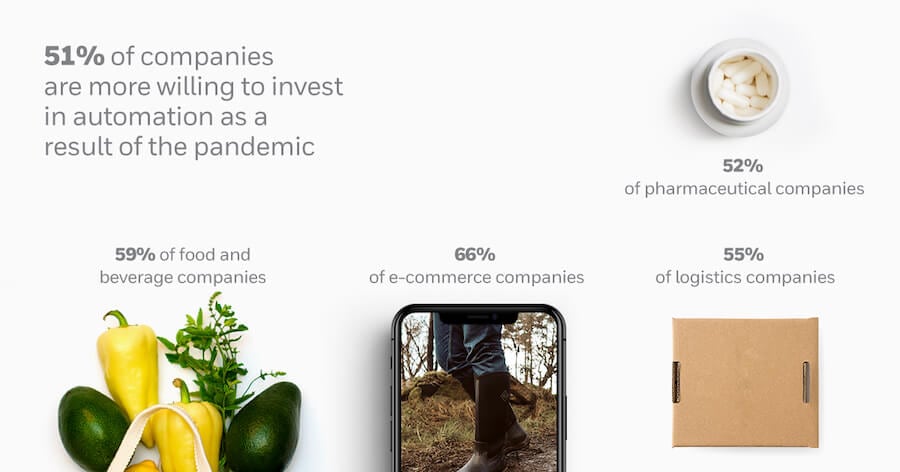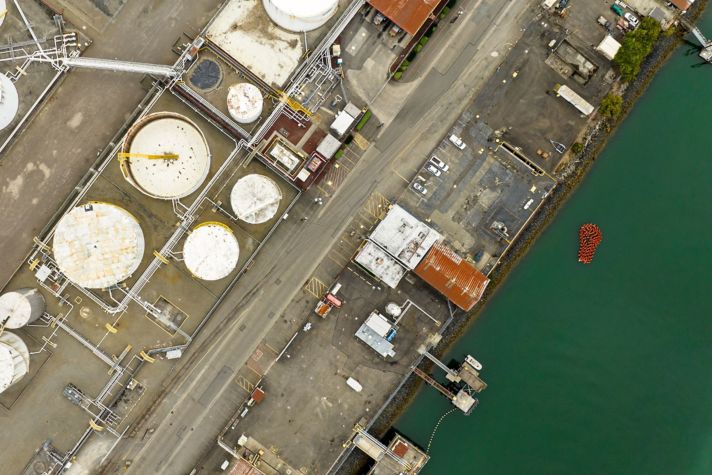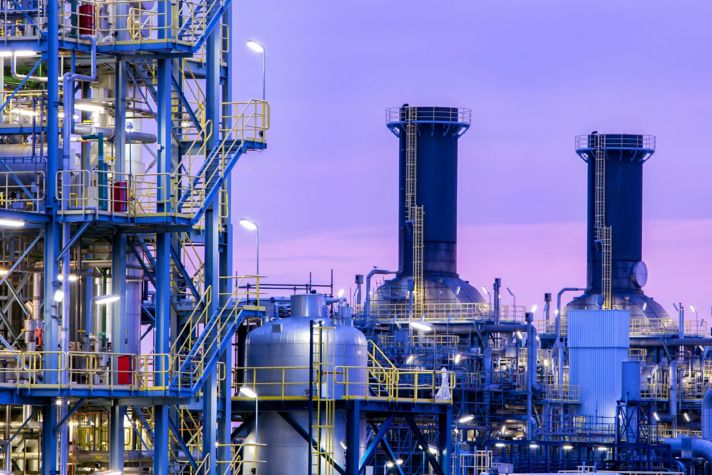-
 Global
Global-
Africa
-
Asia Pacific
-
Europe
-
Latin America
-
Middle East
-
North America
- |
- BUSINESSES
- |
- Contact
- |
-
 Global
Global-
Africa
-
Asia Pacific
-
Europe
-
Latin America
-
Middle East
-
North America
- |
- BUSINESSES
- |
- Contact
- |
You are browsing the product catalog for
- News
- Why Companies Say Automation Is a Top Goal
Why Companies Say Automation is a Top Goal
Robots are coming: New survey says the COVID-19 pandemic has spurred a willingness to invest
Automation is more critical than ever.
That technology includes software, robotics, automated storage and retrieval systems, to help make operations more efficient. That helps those companies remain competitive.
A new survey, conducted by Honeywell, Weber Shandwick and KRC Research, polled 434 decision makers that manage warehouses, distribution centers or fulfillment centers in eCommerce, food and beverage, postal and parcel, retail and pharmaceutical and medical supply.
“The productivity gains that we see from many of these technologies and robotics have increased,” said John Dillon a senior director of engineering at Honeywell who has 25 years of industry experience working with highly automated and robotic solutions. “The technology has gotten better. The cost of not automating has gotten higher.”

Here are 3 key findings and what they mean:
51% of companies are more willing to invest in automation because of the pandemic.
What It Means: Automation can help with social distancing, which includes allowing the businesses to continue work with fewer workers. That’s because a warehouse that might typically require 2,000 workers could deploy technologies and warehouse execution software to instead operate with only 200 people. When companies need to rely on their workforce and implement social distancing procedures, they will accelerate toward highly automated solutions, John said.
Warehouse software and robotic solutions are the most common automation technologies already in place.
What it means: “Robotic technologies directly replace labor, whether it be unloading trucks, picking orders, fulfilling orders,” John said. The capabilities of robotic systems are rapidly expanding with machine learning, artificial intelligence and software improvements, he added. In the future, robotics systems will collaborate and improve productivity and efficiency.
70% say investment in automation is very important for future competitiveness.
What it means: “Some of the major retailers we talk to are absolutely looking to supply chain as a strategic weapon for how they’re going to win market share,” John said. As a result, 66%, plan to increase their investment in the coming two or three years. There is a race among companies deciding how to get product to the consumer faster. Free, two-day shipping became free next-day delivery. That will transition to same-day delivery, which will eventually shorten to two-hour delivery. “The up and coming generations have higher expectations for those service levels to get what they ordered quicker, today.”
Copyright © 2024 Honeywell International Inc.



